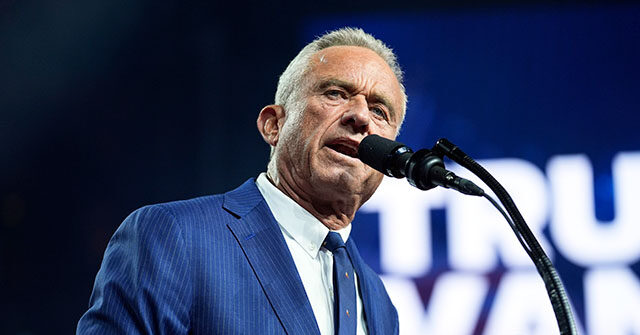On the CNN broadcast of “The Source,” Colorado Governor Jared Polis discussed the nomination of Robert F. Kennedy Jr. to the position of Health and Human Services (HHS) Secretary. Polis characterized Kennedy as aligned with Democratic values, highlighting his pro-climate and pro-choice stances, and indicating that compared to former President Trump’s past appointment— a pharmaceutical lobbyist— Kennedy presents a more favorable option. Polis expressed optimism that Kennedy would tackle issues such as chronic disease and nutrition without the biases typically associated with industry insiders. Furthermore, he noted Kennedy’s previous candidacy for the Democratic presidential nomination, stating that this background positions him well to collaborate with contemporary Democratic initiatives.
Despite expressing support for Kennedy, Polis acknowledged concerns regarding some of Kennedy’s past statements about vaccines, which he labeled as “false and outright dangerous.” He voiced a strong opposition to any efforts that could undermine the public’s trust in vaccines like those for measles and polio. By articulating this position, Polis aimed to clarify that while he supports Kennedy’s nomination, he also emphasizes the importance of public health measures related to vaccination. He suggested that during confirmation hearings, senators should rigorously question Kennedy regarding his intended approach to vaccinations to ensure that there would be no detrimental impacts on public health.
Polis’s remarks pointed to a necessity for transparency and assurance concerning Kennedy’s influence on vaccine policy. He expressed hope that Kennedy would adhere to established vaccination protocols and policies while honoring individual choice regarding vaccines. This nuanced position reflects a balance between advocating for personal autonomy in health decisions and the critical objective of protecting public health through widespread immunization.
The broader implications of Kennedy’s nomination and the surrounding discussion signal ongoing debates within the Democratic Party about vaccine policies and public health strategies. Kennedy represents a segment of the party that appeals to constituents who prioritize individual choice and skepticism towards pharmaceutical companies. Policymakers like Polis are tasked with finding ways to align these diverse perspectives while ensuring that vaccination rates remain high and public health initiatives are not jeopardized.
In essence, Polis’s comments illuminate the complexities of health leadership in a polarized environment, where health policies are influenced by public sentiment, political affiliations, and personal beliefs. His call for vigilant questioning during the nomination process underscores the critical nature of this role at a time when vaccine misinformation poses significant challenges to public health agencies. As the nomination moves forward, the dialogues initiated by leaders like Polis will play a crucial role in shaping the expectations and responsibilities tied to this key cabinet position.
To summarize, Polis’s discussion casts Kennedy in a favorable light pertaining to his values while simultaneously raising important questions regarding public health commitment amid concerns over vaccine misinformation. The focus on Kennedy’s history and positions serves as a litmus test for how the administration will navigate the complexities of these pressing health issues and work effectively towards the welfare of all citizens while respecting their choices.

